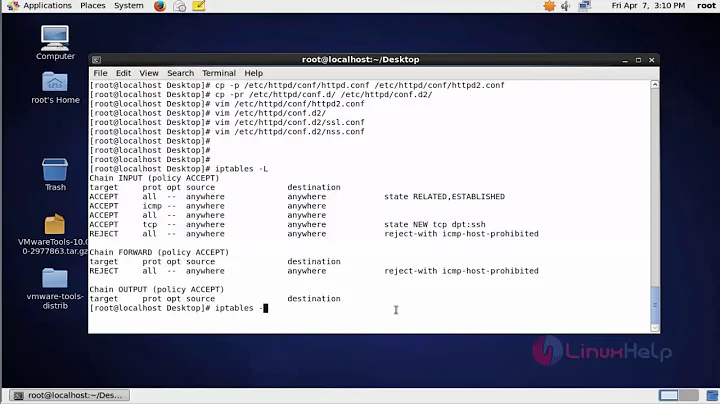How do I setup multiple memcached instances running on different ports?
Solution 1
As Robert Bihlmeyer said on https://bugs.debian.org/cgi-bin/bugreport.cgi?bug=784357#13, a simple solution is to remove /lib/systemd/system/memcached.service.
Without this file, the systemd falls back on /etc/init.d/memcached, which supports multiple configurations.
I confirmed this problem on Ubuntu 16.04 and solved it this way.
Solution 2
This can easily be done by creating a file /lib/systemd/system/[email protected] with basically the same contents as the memcached.service file with a few small changes:
[Unit]
Description=memcached daemon for %i
After=network.target
[Service]
ExecStart=/usr/share/memcached/scripts/systemd-memcached-wrapper /etc/memcached_%i.conf
[Install]
WantedBy=multi-user.target
You can then use systemctl to manage each service individually:
systemctl enable memcached@server1
systemctl start memcached@server2
Solution 3
Having the same issue in Debian Jessie. Will report back if I find a solution.
In the mean time you can manually start the services to achieve the desired result.
Example:
sudo /etc/init.d/memcached stop
memcached -d -m 64 -l 127.0.0.1 -p 11211 -u memcache
memcached -d -m 64 -l 127.0.0.2 -p 11211 -u memcache
Update 1: Aha! There is a bug in Debian: https://bugs.debian.org/cgi-bin/bugreport.cgi?bug=784357. Could this also affect Ubuntu?
Related videos on Youtube
Tojo Chacko
Updated on September 18, 2022Comments
-
 Tojo Chacko over 1 year
Tojo Chacko over 1 yearI am running Ubuntu 15.10 and already have memcached installed on my system. My current project requirement is to run two instances of memcached on the same server but with different ports. I start with
/etc/memcached.conffile and check that it has option of specifying the port number. So, I thought I just need to have two identical conf files with different port numbers.Then I check the memcached start up script
/etc/init.d/memcachedso that I could specify the location of the conf files. But to my surprise I see that the start up script already has an option to run multiple memcached instances.# Usage: # cp /etc/memcached.conf /etc/memcached_server1.conf # cp /etc/memcached.conf /etc/memcached_server2.conf # start all instances: # /etc/init.d/memcached start # start one instance: # /etc/init.d/memcached start server1 # stop all instances: # /etc/init.d/memcached stop # stop one instance: # /etc/init.d/memcached stop server1 # There is no "status" command. FILES=(/etc/memcached_*.conf) # check for alternative config schema if [ -r "${FILES[0]}" ]; thenI tried the above option, but it still keeps starting a single instance, instead of starting two instances. Am I missing something here ?
-
the_nuts about 6 yearsUnfortunately it reappears after some time, maybe with updates... How to make sure it will not be recreated?
-
Otheus over 5 yearsSuitable (with modifications) for RedHat, CentOS, etc. Just be sure to disable the "main" one:
systemctl disable memcached -
David over 5 years[email protected] file should be better in /etc/systemd/system directory. As explained at systemd file hierarchy /lib and /usr/lib are for private vendor data (distro files). System configurations should go better in /etc.








